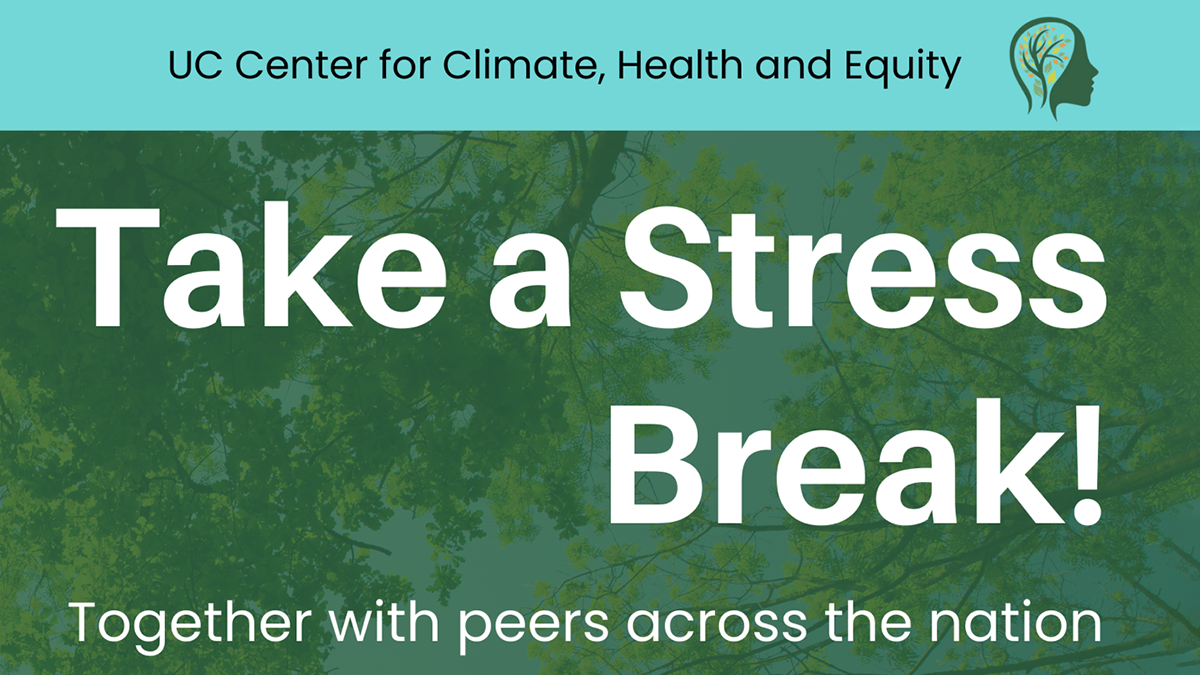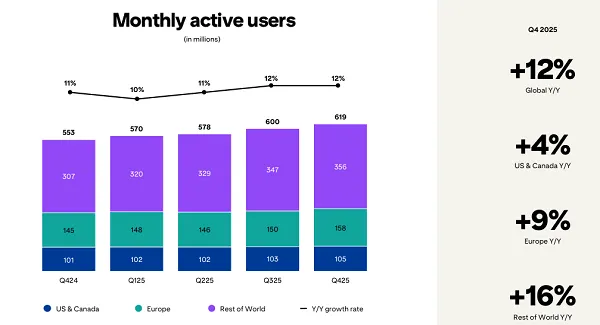Lessons from Life’s Low Point
Using our struggles to harness compassion The post Lessons from Life’s Low Point appeared first on Tricycle: The Buddhist Review.

Using our struggles to harness compassion
By Haemin Sunim Jan 21, 2026 Shin-Soo Choo with the Texas Rangers during a game against the Baltimore Orioles on July 1, 2014. Photo by Keith Allison
Shin-Soo Choo with the Texas Rangers during a game against the Baltimore Orioles on July 1, 2014. Photo by Keith Allison
Early last year I was contacted by Shin-soo Choo, a Major League Baseball player for the Texas Rangers. He had read my first book, The Things You Can See Only When You Slow Down, and wanted to meet me. Since then, we have formed a close bond, exchanging occasional messages and phone calls. If he had a game in New York, sometimes I would go to cheer him on. In the first half of the year, his batting average wasn’t as high as it had been, so he asked me how he might try to get out of his slump. I worried about him, struggling alone in a foreign country like I did, as if he were my younger brother. He was under enormous pressure to help his team win games and live up to the fans’ expectations. When I told him what he might consider doing, he said he’d already tried everything he could think of, including my suggestions, but had been unable to find the exact cause of the slump. All of this was weighing heavily on him.
*
Each of us will experience something similar in our lives—a situation in which nothing seems to improve, despite our best efforts. I’d recently had a similar experience myself, related to my health. After suffering from a severe cold the previous winter, most of the symptoms had disappeared, but the pain in my throat still lingered. I gargled with salt water and took various medications prescribed by my doctor, including antibiotics, but nothing seemed to help. After several months of this, I even had a CT scan and acupuncture, but the pain still didn’t go away, and no one could say exactly why.
Many people who ask me questions via social media or after a public talk find themselves in similar circumstances. When your grades don’t improve even though you study hard; when you’ve spent months putting all your efforts into your business but it doesn’t take off; when you’ve made efforts to improve your relationships at home and at work but nothing changes; when you’ve done everything the doctor recommended but your illness persists—at such times it’s inevitable that we become frustrated and depressed.
We may try going to church, temple, mosque, or synagogue, to pray for help and ask advice, but this doesn’t result in the quick fix we were hoping for. When advice like “Just do your best and things will turn out fine” no longer brings us comfort, what should we do?
First, we need to take a step back and get a broader perspective. There are times when the sea is rough, and other times when it’s smooth. There are days when the sun shines bright, and days of torrential rain. Why do we consider good weather to be the norm that bad weather disrupts? Why should the sun always shine on us? The bumpy patch you’re on is part of a longer road; we have to learn to take the rough with the smooth, and see both as equal parts of our lives. When we take a broader view, the present slump can be seen as the trough of a wave, which sinks down to gather the energy it needs in order to rise again. It’s thanks to these low points that, when we’re again riding the crest of the wave, we’re able to be humble rather than arrogant, and to have the wisdom not to get carried away.
It is also important to make setbacks an opportunity for cultivating compassion. When our life is progressing smoothly, it’s easy to credit our efforts and talent. When we see someone who’s not doing as well as we are, in their work or in their relationships, we naturally assume it’s at least partly their own fault. If their relationships aren’t going well, we think it must be due to some flaw in their character; if they can’t get a promotion, it’s easy to think it must be because they don’t work hard enough.
But the world is like a great web, where everything is connected to everything else, no matter how far apart; so how can anything be due solely to one person’s shortcomings? Isn’t it possible that some problems can’t be solved even with the greatest determination; that people’s given situation or background makes some things inherently harder for them than for others? Your will isn’t enough to turn your circumstances around; isn’t it possible that other people’s efforts were no less than yours, yet they, too, were unable to solve their problems? Try making your own slump an opportunity to be more compassionate toward others who are also struggling.
Your efforts, however small, are never in vain.
Finally, know that your continuous and accumulated efforts will eventually help to turn your circumstances around. The pitcher Chan Ho Park, the first Korean-born Major League Baseball player, once told me something that sums this up: Whether you are in a slump or riding high, whether fans are cheering or heckling, the only thing you can control is the ball you are about to throw. And though no single ball can do much on its own, taken together, all the balls you throw are enough to bring about a big change.
Your efforts, however small, are never in vain. Even the most vicious storm runs its course eventually; as long as you hold on and don’t give up, you’ll be able to see the sun come out again. Right now, in the middle of writing this essay, I hear that Shin-soo Choo is on a winning streak. We can do it, all of us!
♦
From Love For Imperfect Things by Haemin Sunim, published by Penguin Life, an imprint of Penguin Publishing Group, a division of Penguin Random House, LLC. Copyright © 2016 by Haemin Sunim. English translation copyright © 2018 by Deborah Smith and Haemin Sunim.
This excerpt was originally published on December 31, 2024.
![]()
Thank you for subscribing to Tricycle! As a nonprofit, we depend on readers like you to keep Buddhist teachings and practices widely available.
This article is only for Subscribers!
Subscribe now to read this article and get immediate access to everything else.
Already a subscriber? Log in.

 Konoly
Konoly 


































